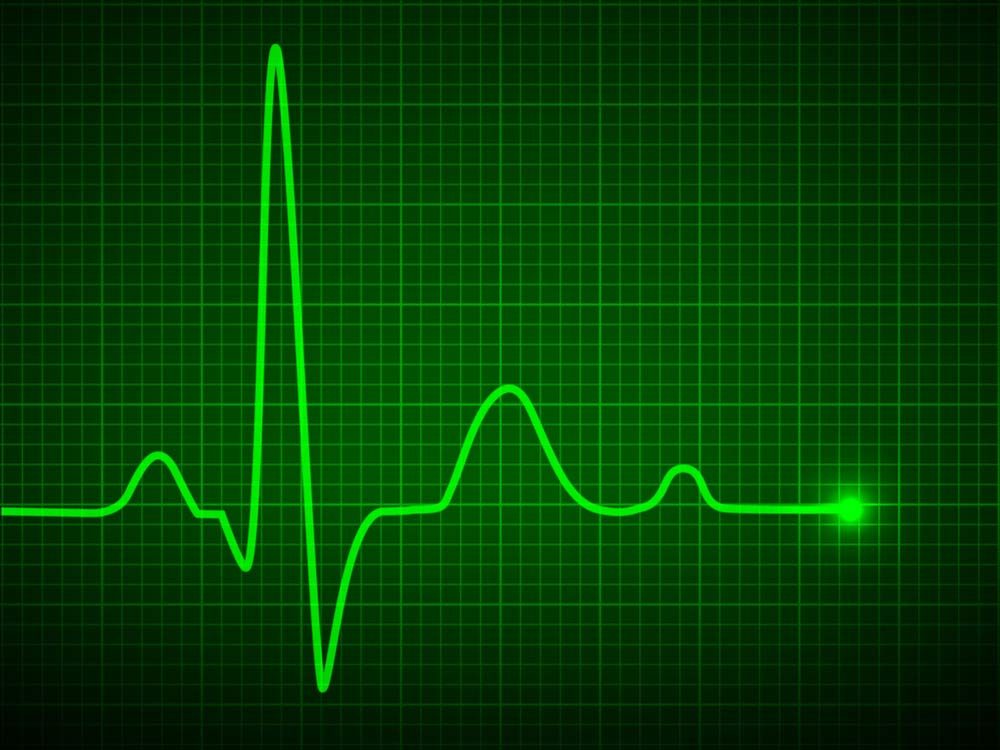What You Need to Know About Atrial Fibrillation
Here’s what you should do about atrial fibrillation: the condition that literally makes your heart skip a beat.

The most common kind of heart-rhythm abnormality, atrial fibrillation affects about six per cent of people over 65. It occurs when the atria—the heart’s two upper chambers—contract quickly and chaotically. Whereas a normal resting heart rate ranges between 60 and 100 beats per minute, a resting heart affected by AFib may beat between 100 and 175 times within the same time period.
As scary as this sounds, many people with atrial fibrillation feel fine. They may not know about their condition until a doctor notices an unusual heartbeat during a checkup. However, if there are clear symptoms, those can include chest pain or thumping, shortness of breath, light-headedness or noticeable anxiety. (Chest pain or pressure could also indicate a heart attack, so if you encounter either of those, you should play it safe and head to a hospital.)
Different variables can contribute to the development of atrial fibrillation, including but not limited to thyroid problems, high blood pressure, sleep apnea, binge drinking or heart disease—anything that could stretch or scar the atrial walls. It is more common among seniors and people with a family history of the condition. Once you’ve been diagnosed, your doctor will likely recommend blood thinners to help prevent strokes and blood clots.
For many patients, atrial fibrillation progresses from occasional episodes to longer, more frequent ones, “like a car that needs to go to the garage for the same problem increasingly often,” says Dr. Dan Atar, a co-author of the European Society of Cardiology’s atrial fibrillation treatment guidelines.
For as long as the issue persists, you’ll likely need rate-control drugs, which slow the heart’s racing; you can also take antiarrhythmic medications, which control abnormal heart rhythms, preventing new episodes. Your doctor may be able to reset your heart from an atrial fibrillation episode using drugs or a slight electric shock. Your best shot is catheter ablation, which involves sending a catheter into the heart to burn the tissues that are firing off irregular impulses. Ablation works about 70 to 75 per cent of the time and stands a decent chance of solving the problem permanently.
For more tips on maintaining a healthy heart, check out 30 Ways to Boost Your Heart Health.
Originally published in the September 2017 issue of Reader’s Digest Canada.



